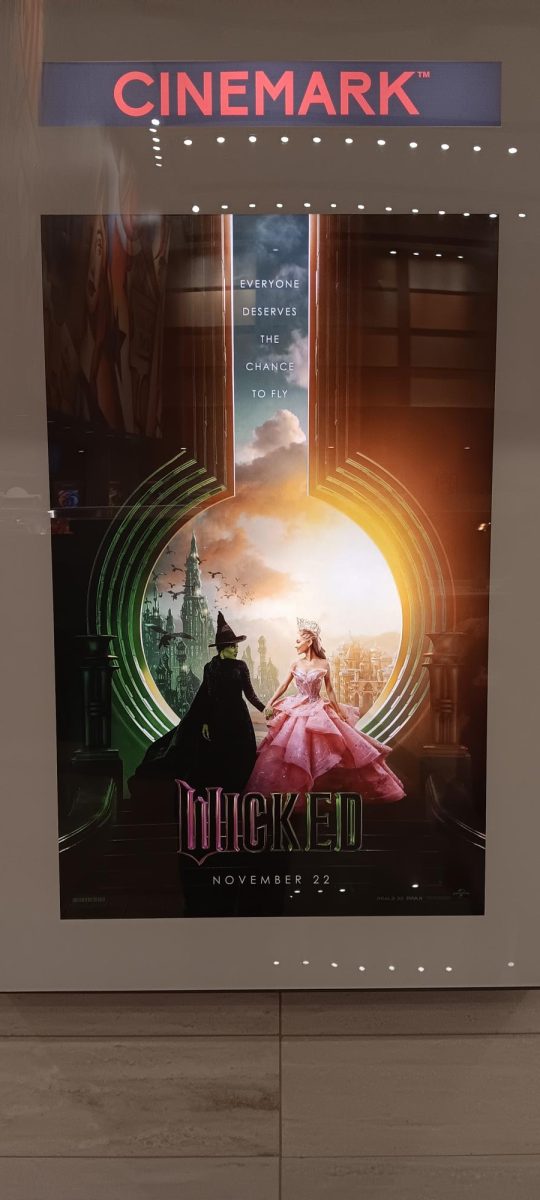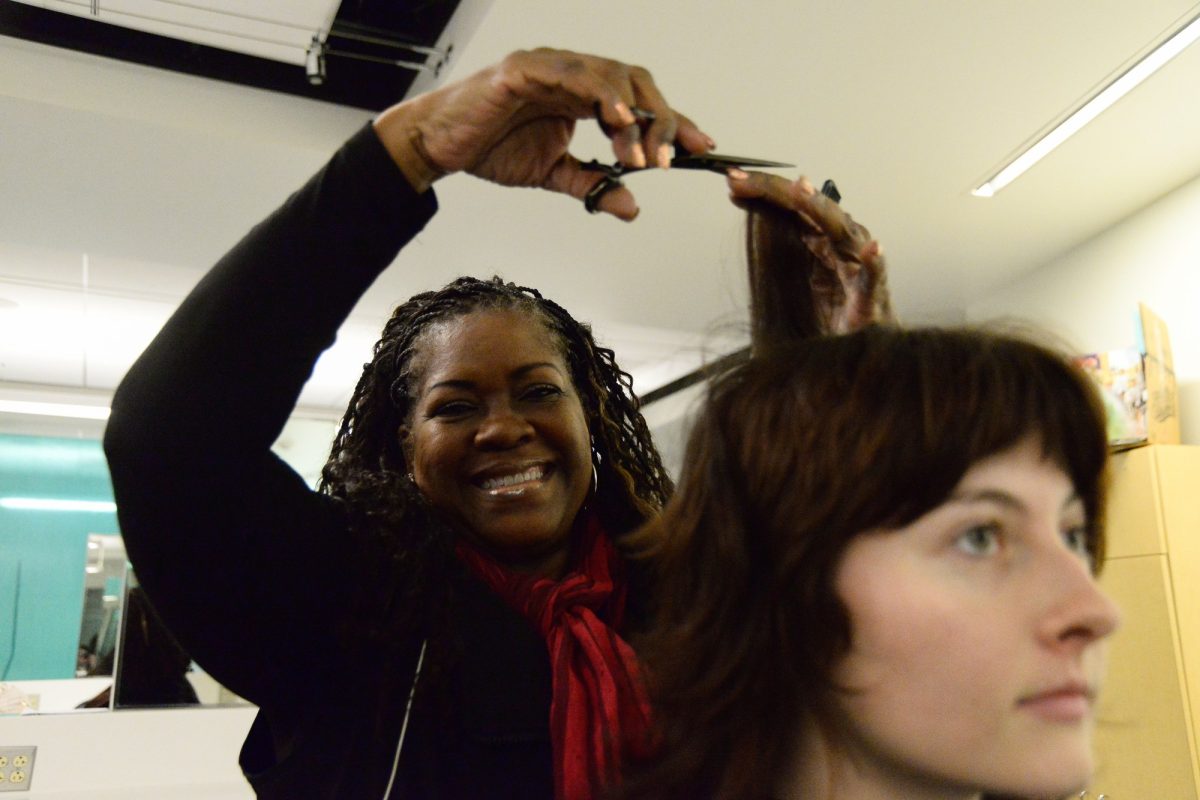Midnight approaches and the line already wraps around the block. The anticipation is almost too much to take with displays of soldiers and battlegrounds teasing the patrons. They’re waiting for their copies of Call of Duty: Black Ops, and Activision will make $360 million this day alone with the release of a single video game.
According to Activision’s internal estimates, that figure includes the sales of Black Ops, released in November 2010, from North America and the United Kingdom making it the “biggest entertainment launch in history.”
The popularity of Call of Duty: Black Ops is just one example of how video games are quickly becoming a part of life for many, including students.
According to the Entertainment Software Association (ESA), consumers spent $25.1 billion on video games, hardware and accessories in 2010, and according to Courtney Takakuwa, assistant manager at the GameStop across the street from EC, most of their sales come from students.
“It’s to the point where our busiest days are Monday through Thursday, the opposite of other stores, and summer is our slowest time of the year,” she said.
Some students, like Jonathan Allen, respiratory therapy major, 22, spend more than $200 per month on gaming accessories.
“I think people play games to escape from everything.” Allen said. “I don’t mind spending the money, games help me relax and it’s worth it to me.”
There are many reasons the gaming industry has become as large as it is, Courtney said. Now there is a game for everyone, and gaming is becoming more widely accepted.
“Even my mom can play a game like bejeweled,” Takakuwa said. “Our culture is changing. Before there wasn’t a difference between hard-core and casual gaming, you were either a nerd or you weren’t. But now it’s accepted and it’s cool to be a nerd.”
According to the ESA, 72 percent of American households play computer or video games, and many gamers say the love for video games was passed down to them from a parent or family member.
“My older brother started with Atari,” Dylan Vazquez, undeclared major, said. “I’ve been into gaming since I was little.”
Data compiled by a global market research company, and released by the Entertainment Software Rating Board (ESRB) stated the video game industry made $10.5 billion in revenue from gaming consoles alone in 2009.
However, according to the ESA, 55 percent of gamers play games on their phones or handheld devices.
Danny Alvarenga, criminal justice major, 19, said that he believes the future of the gaming industry is mobile and that consoles need to constantly improve to keep up.
Though many gamers are confined to their cell phones or mobile devices, one of the biggest appeals to console gaming is the ability to play online against friends and family.
“I play games mostly for fun with my friends,” Vazquez said. “I have friends in other states because of college and it’s a way to keep in touch.”
For the hard-core gamers, many companies are taking the game off the screen and arranging live events where gamers can immerse themselves in a world they’ve only known through a controller.
On Sept. 2, Activision brought gamers from all over to Los Angeles where, according to Activision, they experienced complete immersion into the Call of Duty franchise.
The event had televisions with the new Call of Duty: Modern Warfare 3 multi-player game for fans to play against one another. It turned some of the fan favorite maps into a real life paintball yard and also arranged live performances from artists like Kanye West and the Dropkick Murphys.
The entertainment industry is always changing, and video games are no exception. Every day more and more people are showing interest and are willing to invest in gaming consoles and hardware.
“Games are being passed down through generations now,” Takakuwa said. “My mom bought Atari when it was new and passed it down to me. Games are for everyone now. They’re cool.”








